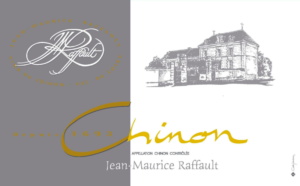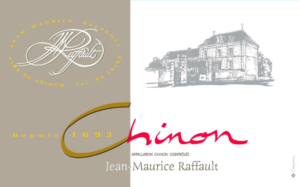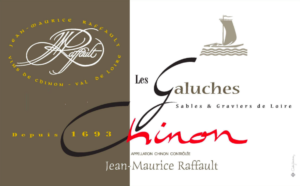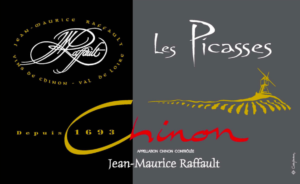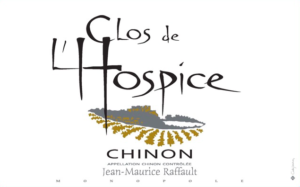The Chinon appellation covers both banks of the Vienne River, which is a tributary of the Loire. The appellation encompasses 19 communes and has a total area of 2400 hectares. Its soils and climate are perfectly suited to the cultivation of the Cabernet Franc grape.
The Raffault family began cultivating vines in Chinon 14 generations ago, when their ancestor, Mathurin Bottreau, bought his first parcel of vines in 1693. Today, they owns 50 hectares of vines in 7 communes. The Cabernet Franc vines average 35 years of age and 10 hectares within these sites are 50 years of age. The Chenin Blanc vines average 20 years of age.
The late Jean-Maurice Raffault, father of the present manager and winemaker Rodolphe, was one the great personalities of Chinon. Upon taking over the family domaine in 1973, he revolutionized local practices. First, he abandoned polyculture in favor of the cultivation of only wine grapes. Beginning with only the 4.5 hectares he had inherited from his father, he purchased and planted some of the finest known sites of Chinon, expanding the domaine to 50 hectares – J.M. Raffault is the largest shareholder in Les Picasses vineyard. But most importantly, he began to vinify each parcel separately to ensure the typicity of each terroir and he used the name of the individual sites for the respective wines. No one has done this before! The practice of naming Chinons with site names is now commonplace in the appellation. Rodolphe Raffault succeeded his father in 1997, after completing his studies at the Dijon University school of oenology.
Vinification practices: the maceration period ranges from 15 to 28 days. Rodolphe continues the tradition of aging the Chinons in neutral oak casks that are more than 10 years old. The impressive cellar houses 900 barrels and is the largest in the region. Maturation takes place over 18 months in three huge caves cut into the limestone cliffs, protected from light and remaining at a constant temperature of 56 degrees and 85% humidity. Racking is done from barrel to barrel, in the traditional method, which helps to clarify the wines along with a later fining with egg whites. The wines are not filtered.
Farming practices: Certified organic.
Jean-Maurice Raffault
VIDEO
Equine Décaivaillonage at Clos de l'Hospice
Note: “décaivaillonage” is plowing.

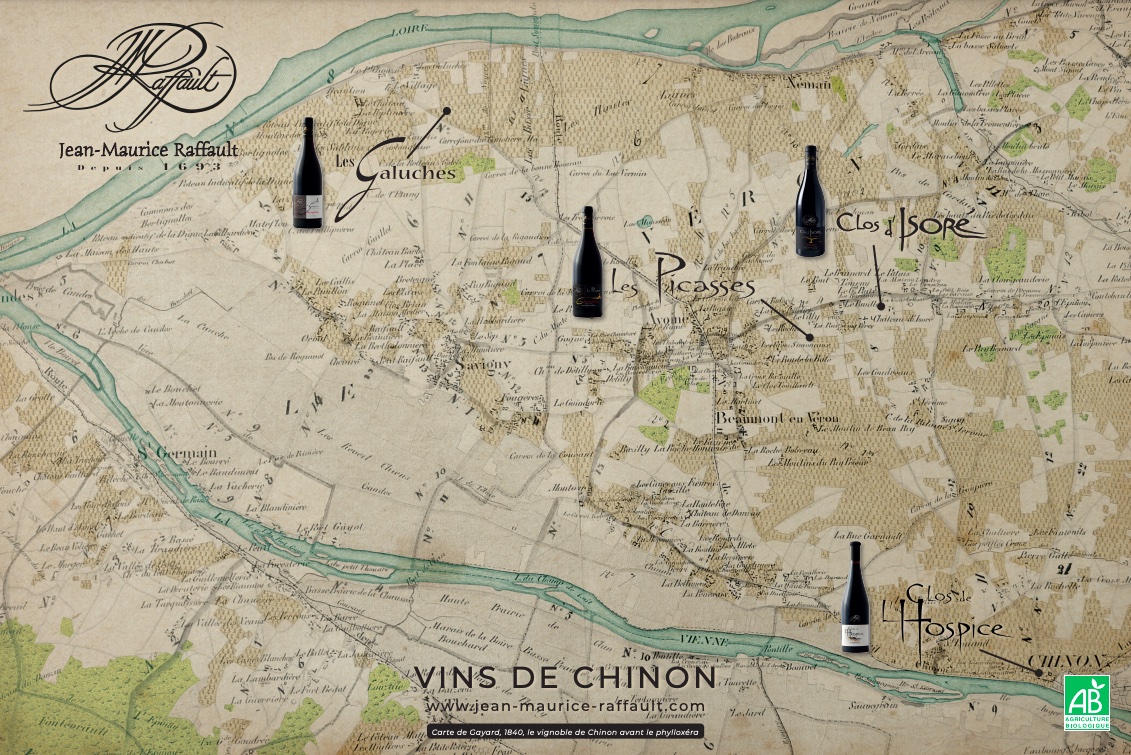

-
Jean-Maurice Raffault
Chinon Blanc
-
Jean-Maurice Raffault
Chinon Rouge
-
Jean-Maurice Raffault
Chinon – Les Galuches
-
Jean-Maurice Raffault
Chinon – Les Picasses
-
Jean-Maurice Raffault
Chinon – Clos de L’Hospice
-
Jean-Maurice Raffault
Chinon Rosé

